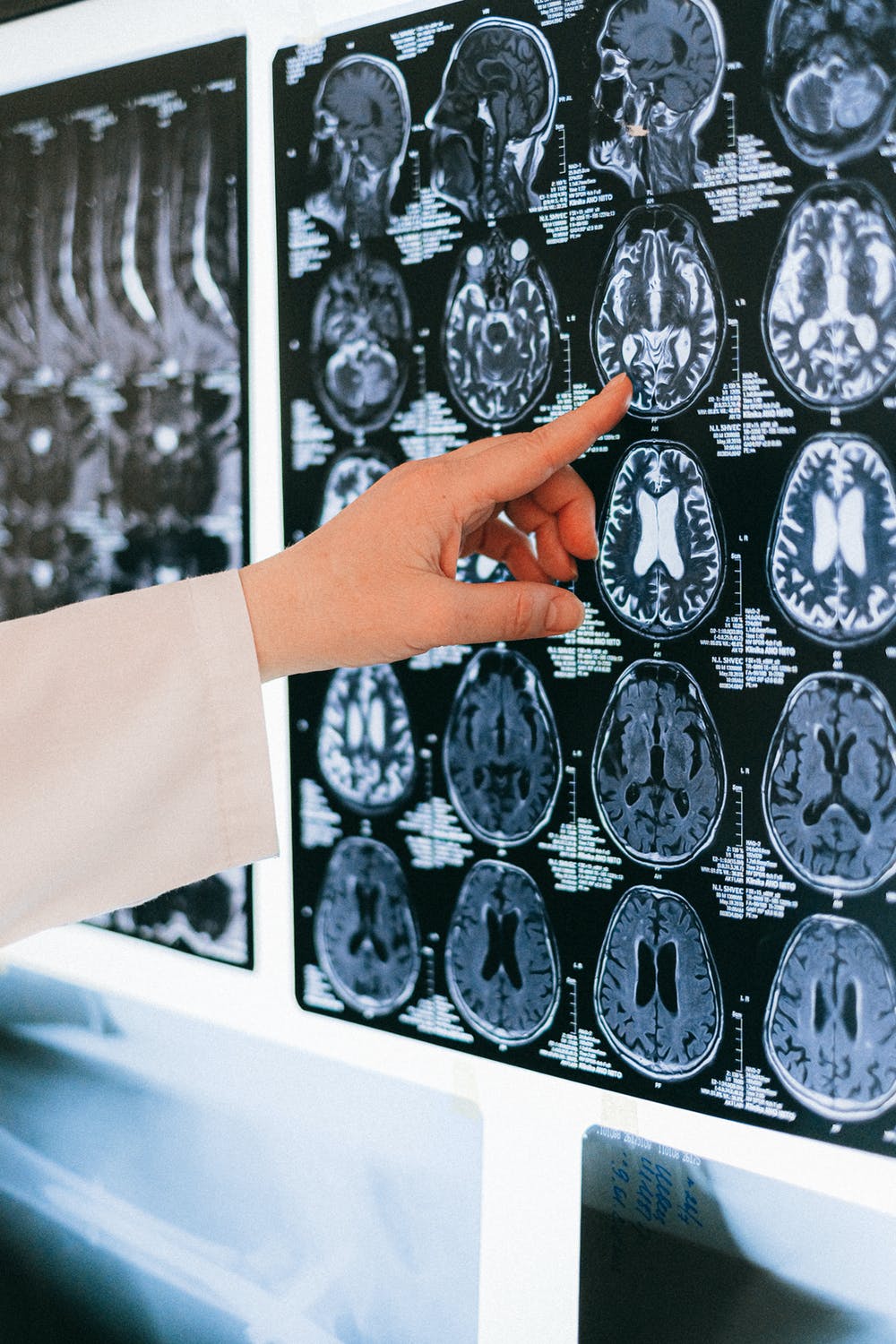As per a research, the brain uses “information compression” to optimize efficiency and save costs while making judgments, which might have an impact on future ai development.
The research employed a mouse test to evaluate responsive activity in decision-making and also how incentive anticipation are impacted by changes in cognitive structures.
Dopamine neurons, which are believed to have an important part in establishing the worth of action, were monitored while the mice tried to determine whether 2 tones were delayed by a period greater than 1.5 s. For example, if an animal incorrectly predicted the length of a gap on one test, the activation of these cells might aid improve accuracy in subsequent trials.
To their surprise, they found in an early draft of their findings that although mice were virtually always successful in their choices, they were less so in their 1.5-second attempts. Previous studies have demonstrated that animals believe they are capable of appropriately classifying various cues.
Scientists use “tunnel vision” as well as the mice’s own movements to make the mind neglect only enough data just so the rodents do find an answer, but not sufficient so that they arrive at the incorrect one. This is known as data compression. If the external environment is compressed, then unnecessary data has been removed, giving rise to a kind of momentary “tunnel vision” of the circumstance.
Neuroscience and ai technologies might benefit from this discovery, according to scientists. Whereas the brain has adapted to effectively digest data, AI systems often use raw power to tackle issues. When it comes to adaptive behavior in terms of biology and artificial intelligence, this study presents a set of guidelines to direct future research.












Leave a Reply